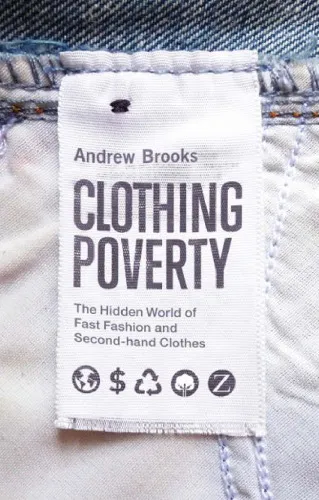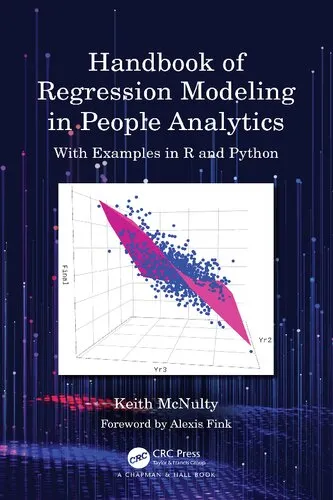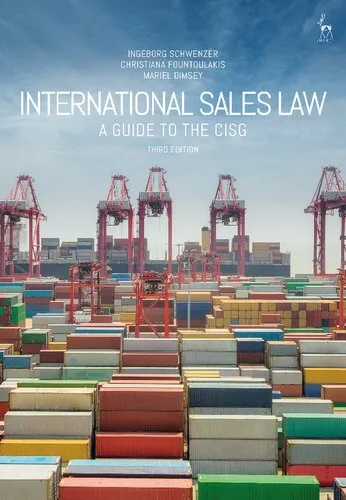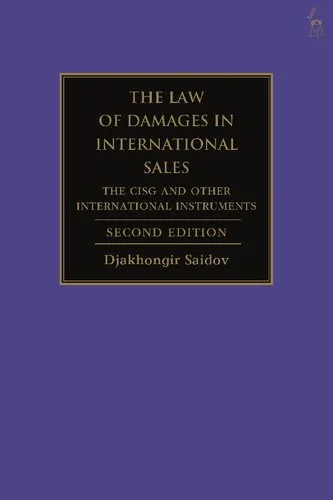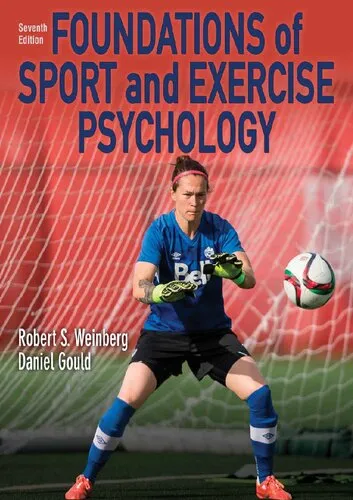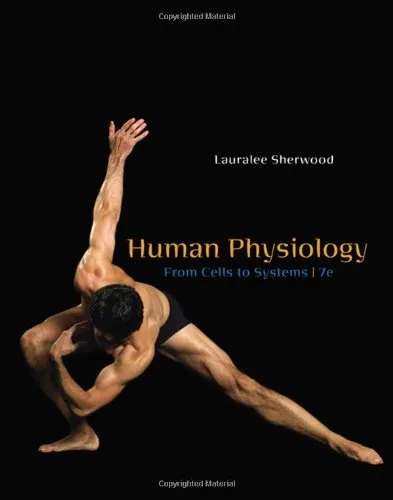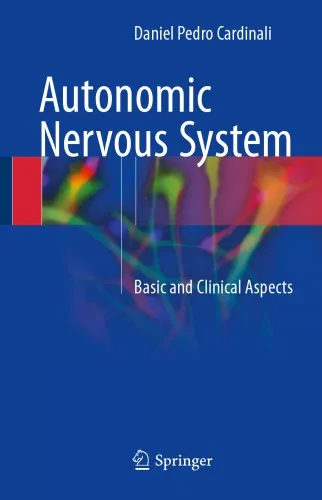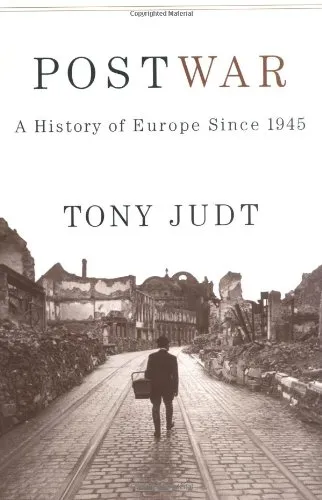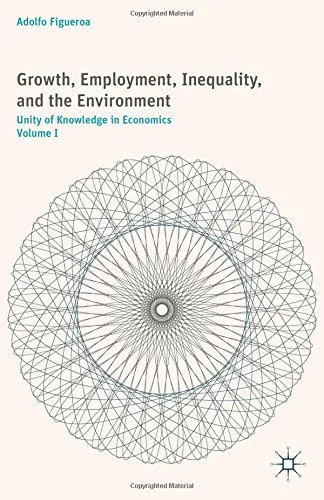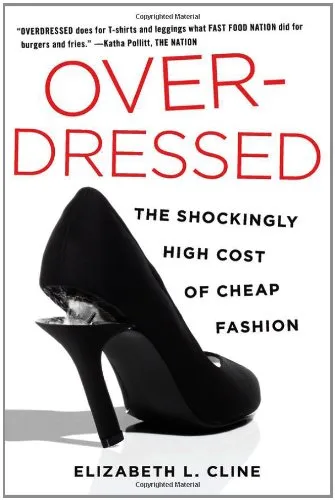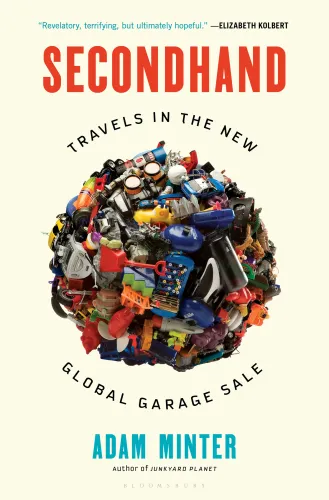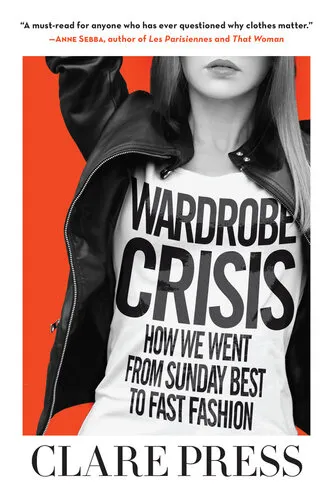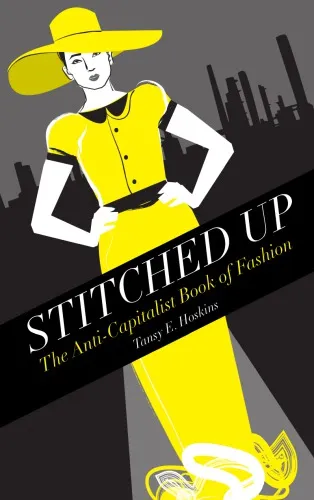Clothing Poverty: The Hidden World of Fast Fashion and Second-hand Clothes
4.0
Reviews from our users

You Can Ask your questions from this book's AI after Login
Each download or ask from book AI costs 2 points. To earn more free points, please visit the Points Guide Page and complete some valuable actions.Related Refrences:
Welcome to an enlightening exploration of the complex and intertwined worlds of fast fashion and second-hand clothes. In 'Clothing Poverty: The Hidden World of Fast Fashion and Second-hand Clothes', Andrew Brooks unveils the unseen, often overlooked narratives woven into the fabric of the global apparel industry. This book is a critical examination that challenges prevailing assumptions and provokes reflection on the integral role of clothing in the global economy and personal identity.
Detailed Summary of the Book
In 'Clothing Poverty', Brooks delves deeply into the life cycle of clothes, from inception on factory floors in developing economies to their final disposal or resale in thrift shops across the world. His analysis highlights both the elevation of fast fashion as a dominant cultural phenomenon and its profound implications on the global economic and social landscape.
Brooks sets the stage by shedding light on how fast fashion companies like Zara and H&M have revolutionized clothing consumption, turning fashion into affordable and disposable trends. He discusses the environmental impacts of such practices, yet goes further to examine the less visible social consequences, such as labor exploitation in textile-producing countries.
The narrative further unravels through Brooks’ exploration of the second-hand clothing market, a global industry ironically fueled by the wasteful consumption patterns of fast fashion. From charity shops in the UK to bustling marketplaces in sub-Saharan Africa, he reveals how donated garments shape local economies and influence indigenous fashion industries. By tracing the journey of clothes, the book exposes how charity and commerce go hand in hand, reflecting broader patterns of global inequality.
Key Takeaways
- Fast fashion, while democratizing style, contributes significantly to environmental degradation and social inequalities.
- The second-hand clothing trade is a complex global industry that sustains livelihoods but also challenges local textile markets.
- Clothing is not just a personal choice but a socially embedded practice that reflects and reinforces broader economic structures.
Famous Quotes from the Book
“The clothes you decide to wear say more about your place in the world than you might realize.”
“Each garment tells the story of a complicated global journey, involving multiple lives, economies, and politics.”
Why This Book Matters
'Clothing Poverty' is pivotal for anyone eager to understand the intricate dynamics of global fashion and its far-reaching impacts. As the conversation around sustainable and ethical fashion grows louder, Brooks’ work provides a foundational framework that informs and inspires action. The book matters because it offers a comprehensive critique and an urgent call to redefine our relationship with clothing in a manner that is conscious of its broader implications.
For educators, students, fashion professionals, or conscientious consumers, 'Clothing Poverty' not only provides critical insights but also challenges readers to rethink how their consumption patterns can drive social change. The book serves as both a scholarly resource and a manifesto for sustainability, encouraging a move towards a more equitable and conscious mode of fashion consumption.
Free Direct Download
You Can Download this book after Login
Accessing books through legal platforms and public libraries not only supports the rights of authors and publishers but also contributes to the sustainability of reading culture. Before downloading, please take a moment to consider these options.
Find this book on other platforms:
WorldCat helps you find books in libraries worldwide.
See ratings, reviews, and discussions on Goodreads.
Find and buy rare or used books on AbeBooks.
1517
بازدید4.0
امتیاز0
نظر98%
رضایتReviews:
4.0
Based on 0 users review
Questions & Answers
Ask questions about this book or help others by answering
No questions yet. Be the first to ask!
